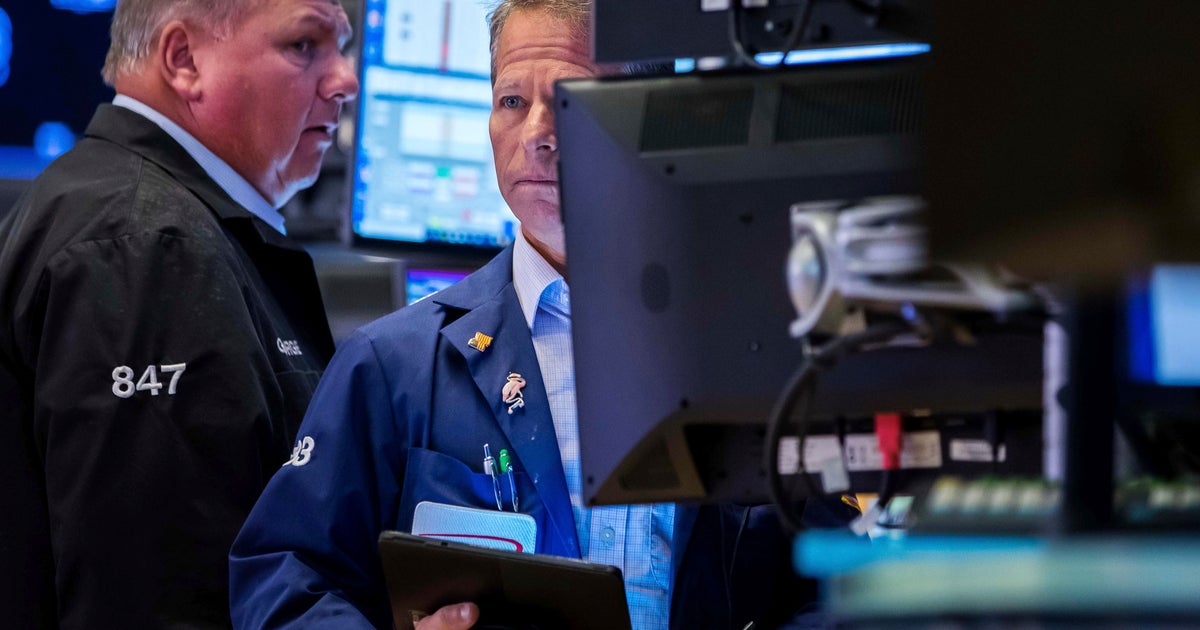
Investors are showing renewed interest in the so-called 'Trump trade,' as the November elections approach and the probability of a Donald Trump victory increases. This market phenomenon refers to investments based on potential impacts of a Trump presidency on various sectors, including stocks, bonds, and commodities.
According to Goldman Sachs, there is a 70% chance that Trump will win the November elections. If this prediction holds true, investors can expect several changes under a second Trump term. For instance, there may be reductions in rules for vehicle fuel efficiency standards, environmental permits, financial regulations, and internet providers.
Historically, rates have fallen six months before voting day but are then followed by uncertainty. However, this trend might not hold true this time around due to the heightened political tension and market volatility.
One sector that could benefit from a Trump presidency is the energy sector. Trump has indicated his intention to increase production of fossil fuels, which could make energy giants like Exxon significant gainers. Additionally, private prison stocks such as Geo Group have risen due to Trump's talk of rounding up immigrants and putting them into detention.
The stock market has already shown signs of reacting to Trump's public pronouncements. For example, his comments about increasing tariffs on China led to a sell-off in semiconductor, AI, and other large tech companies. However, it is important to note that the markets are influenced by various factors and cannot be solely attributed to political events.
It is crucial for investors to remain informed about the potential impacts of a Trump presidency on their investments. By staying up-to-date with market trends and economic indicators, they can make informed decisions and mitigate risks.

